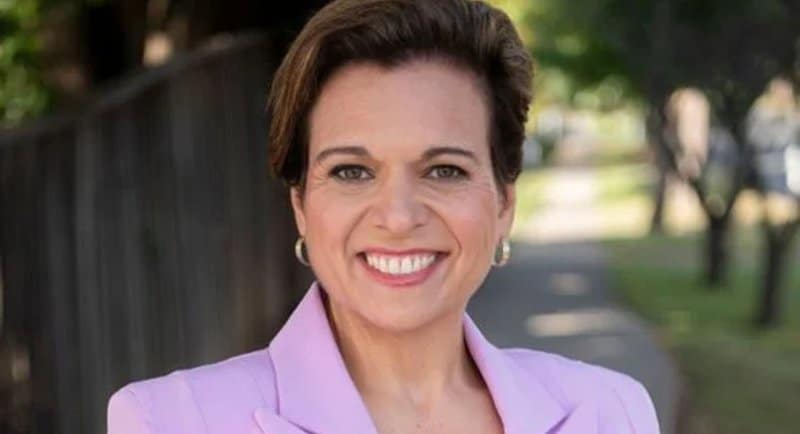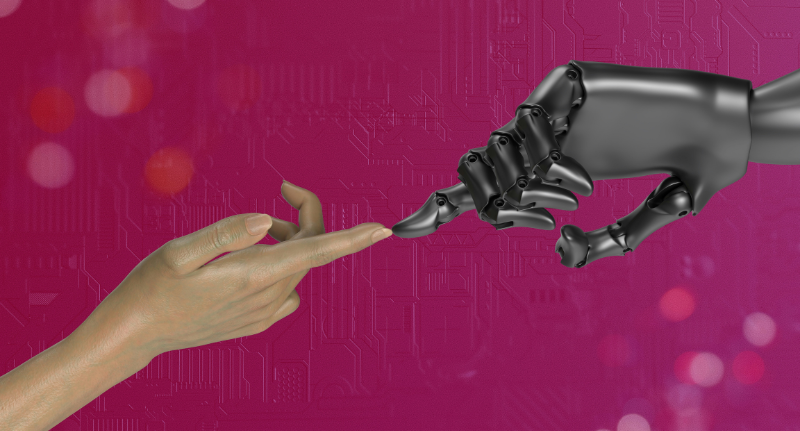Adland has hailed the federal government’s refusal to relax copyright laws for AI platforms as a rare victory for creators.
The Productivity Commission proposed a fair dealing exception for text and data mining, claiming a mature data-sharing regime could boost Australia’s economy by $10 billion.
Attorney-General Michelle Rowland said there are “no plans” to weaken protections and urged the tech industry and creative sector to find “sensible and workable solutions.”

Creators welcome a rare win
Ellie Fraser, communications planner at BCM Media, said she’s glad to see the government stand firm on this.
“Every idea, headline, and visual comes from real people putting in hours of thinking, experimenting and refining – so I think it’s only fair that the people behind the work are recognised and compensated, rather than having their thinking quietly absorbed into AI systems,” she said.
“While I’m all for innovation and genuinely excited by the potential of AI, I totally agree with the sentiment of the article that progress shouldn’t come at the expense of the people whose work trains these systems.
“Creativity has value – not just commercially, but culturally, so it deserves to be protected.”
Shai Luft, co-founder of Bench Media, welcomed the government’s decision, calling it “the right kind of restraint.”
He said too many tech companies treat creative work as free fuel, scraping articles, music and campaigns under the banner of innovation.
“If your AI needs to steal ideas to be smart, maybe it’s less intelligent than you thought,” he told Mediaweek.
“Australia now has a chance to chart a better path, built on consent-based collaboration between publishers, agencies and AI developers.”
Luft believes in paying for quality data, partnering with creators and building systems that respect the source material.
“This isn’t anti-AI. It’s pro-integrity. You can’t build the future of intelligence on the theft of creativity,” he said.
“In an industry where originality and trust drive value, that distinction matters more than ever.”
Ethics and the value of creativity
Angus Wright, SEO and website executive at Yango, believes strong copyright laws are crucial to protect the rights and work of creators, journalists and artists.
“This upholds the core principle that intellectual property has value and that creators deserve compensation, rather than supporting the creation of AI models,” he said.
“The legality of permission for AI platforms to train on these publicly accessible platforms remains ambiguous and a major challenge, leaving original rights-holders vulnerable even if copyright laws are being upheld.
“The next phases of lawmaking will be critical in protecting IP in the future.”
Amy Tucker, co-founder of Springboards, thinks it’s the right idea, but maybe the wrong scale.
“Protecting creators is crucial, but without a coordinated global approach, we’re mostly making a point, not a difference,” she said.
“The companies doing real AI training are already overseas and this will just keep it that way and might push any Australian startups and talent to head overseas.”
Jordan Taylor-Bartels, CEO of Prophet, said this is “a much-needed lifeline” for publishers.
He believes the government should help them build new IP contracts and commission systems so journalism can capture value in an AI era.
“Let publishers license their archives, negotiate rights-for-training models and earn from AI’s appetite for trusted input. And maybe then we will see journalism treated less as an expense, and instead as an asset.
“If they don’t, we all may as well call it quits now and save everyone the time.”

Balancing innovation with protection
Adrian Elton, an independent creative, said many in the industry have “a visceral hatred of AI” and the “dumbing down of hard-earned skills that were never meant to be accessible to all.”
“There is also a considerable tribe of fluent, capable, deeply skilled creatives who are simultaneously intrigued by how these new tools can super-charge their creative practice,” he said.
“For me, that’s all about being able to bring completely original concepts to life that would have otherwise required major investment and the support of tight-fisted gatekeepers.”
Elton added that Australia has “chosen wisely, as opposed to expediently” by setting boundaries.
“Just because big-tech wants to snaffle up everything for nothing, doesn’t mean it has any kind of natural right to it,” he said.
“Artists, musicians and writers, and any kind of creators of intellectual property, should not only be compensated for the use of their work, but ideally it should only be ‘sampled’ subject to an opt-in licensing arrangement.”

